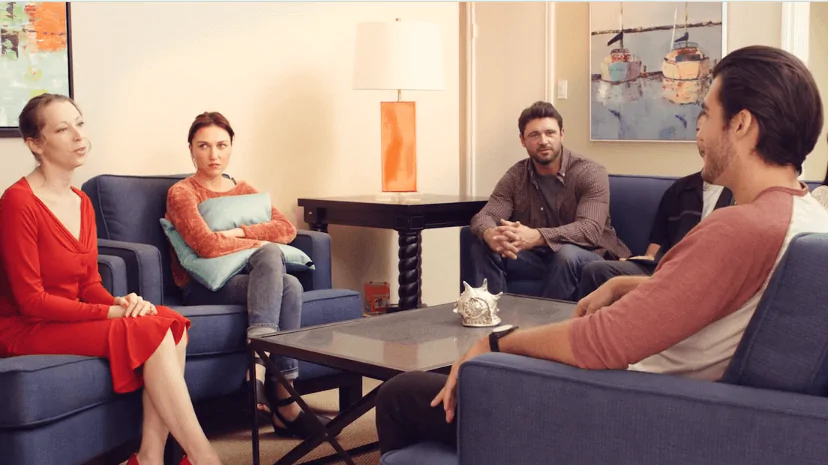24/7 Helpline:
(866) 899-221924/7 Helpline:
(866) 899-2219
Learn more about Anxiety Treatment centers in Blaine County

Other Insurance Options

BlueShield

Access to Recovery (ATR) Voucher

Highmark

Meritain

Health Net
Beacon

WellCare Health Plans

Sutter

Group Health Incorporated

Amerigroup

ComPsych

BlueCross

Holman Group

Covered California

Horizon Healthcare Service

Choice Care Network

Multiplan

Regence

AllWell

WellPoint

Red Rock Behavioral Health Services
Red Rock Behavioral Health Services is a private rehab located in Watonga, Oklahoma. Red Rock Behavi...






















































YouthCare of Oklahoma
YouthCare of Oklahoma is an outpatient clinic that provides mental health and substance use treatmen...




















